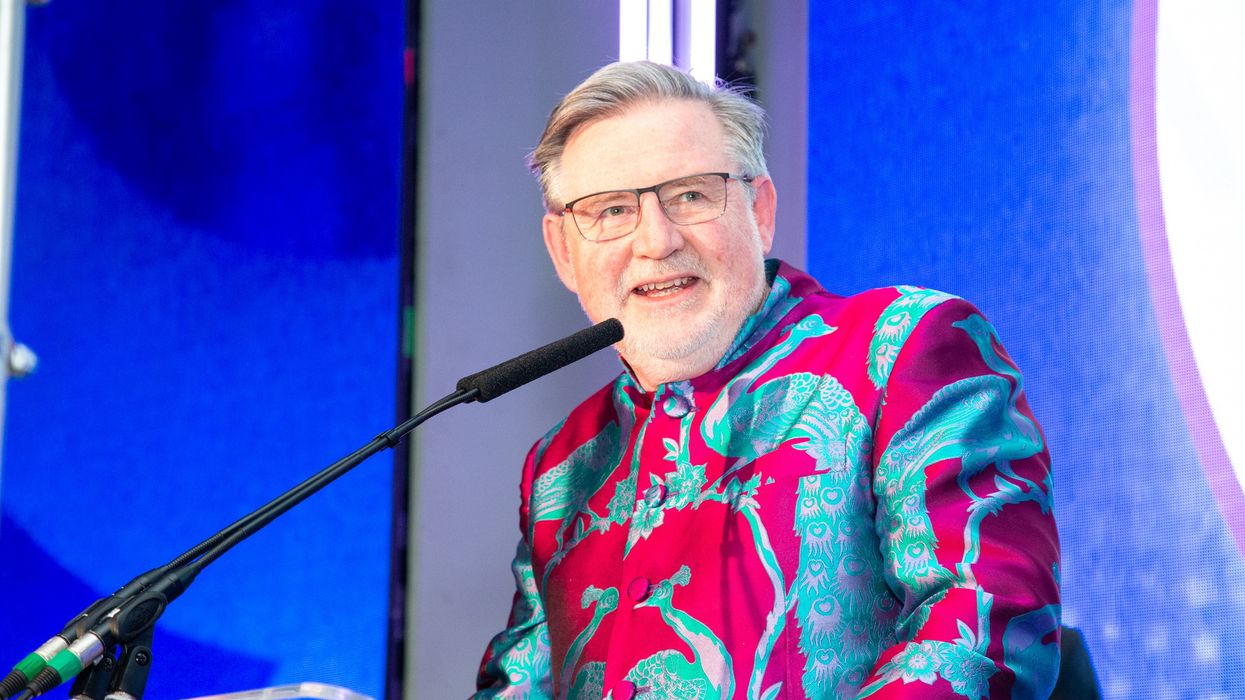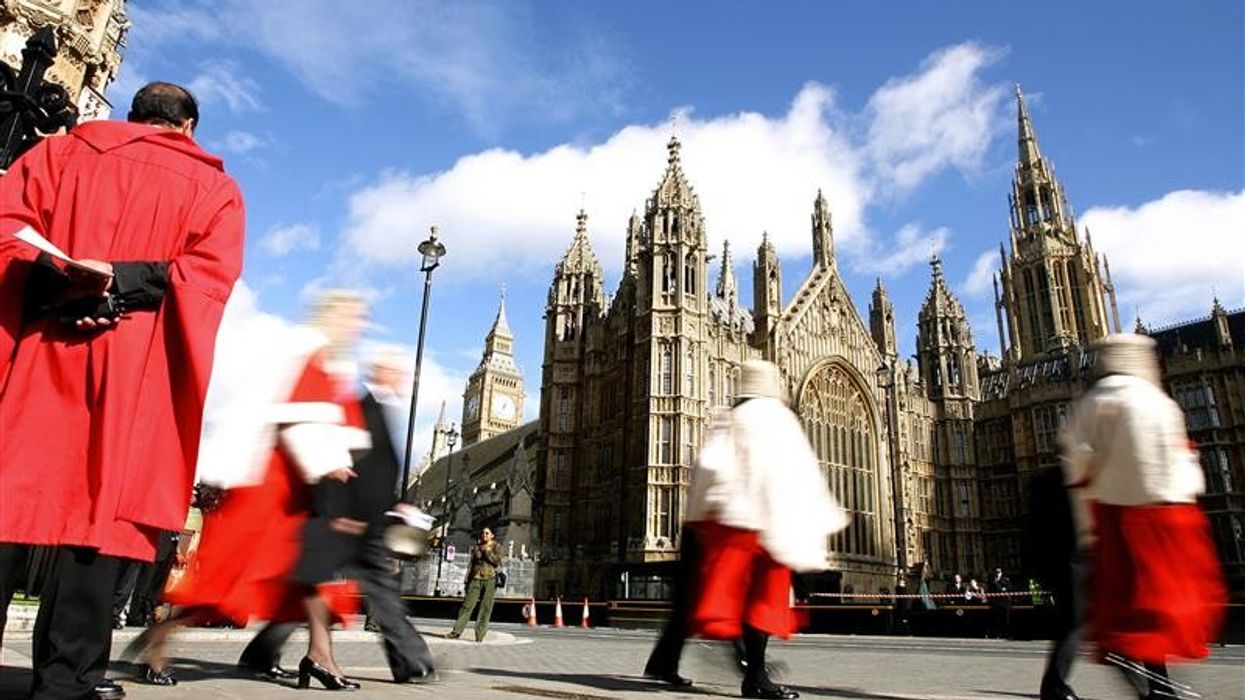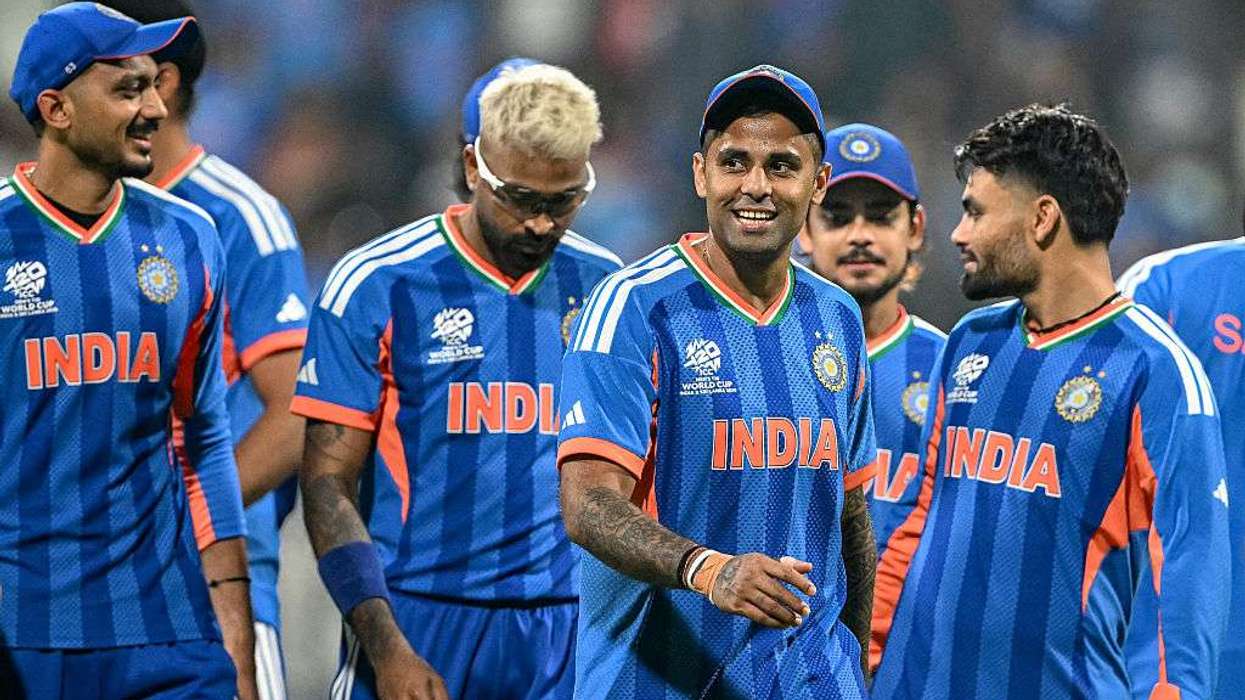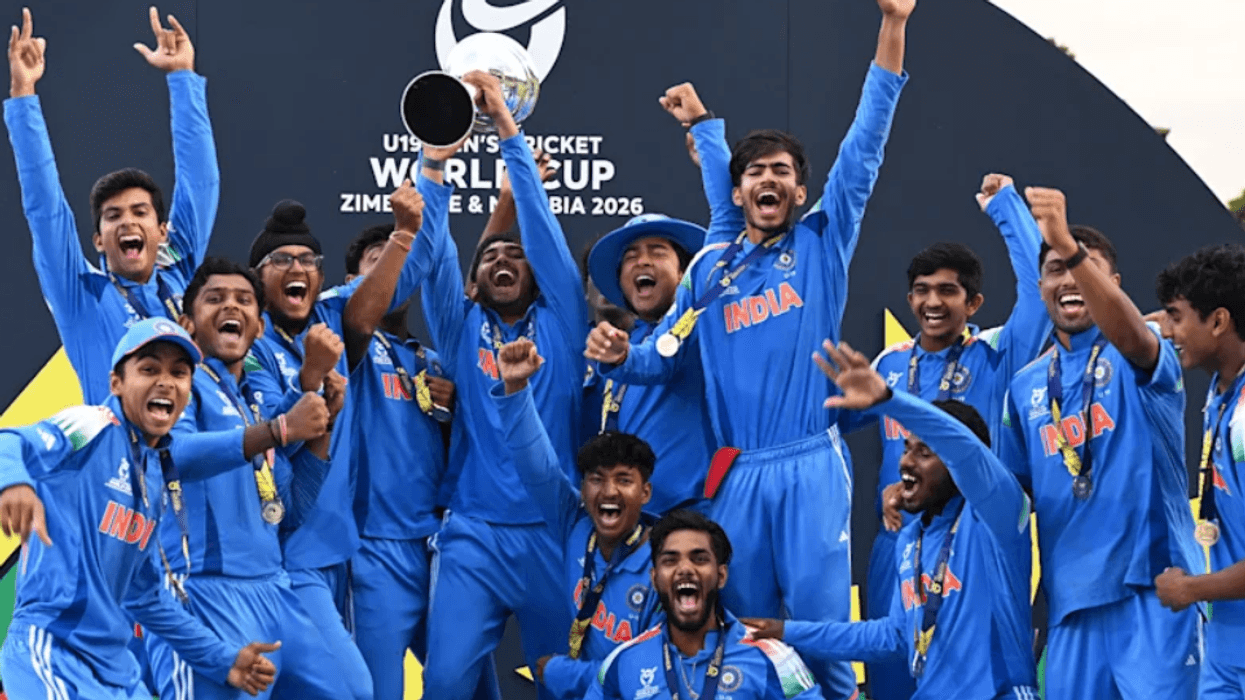The judge at the centre of claims of a potential conflict of interest was the only one in the past five years to be promoted within six months of being rebuked by the Judicial Conduct Investigations Office (JCIO), Eastern Eye can reveal.
Over the past two weeks, we uncovered how the Judicial Appointments Commission (JAC) promoted Judge Lynn Griffin while she was hearing a complaint against it brought by the south Asian justice, Abbas Mithani.
We also exposed how Griffin had a complaint upheld against her two months before her appointment as a circuit judge.
Now, the Labour MP for Brent West, Barry Gardiner, has raised Eastern Eye’s revelations with the justice secretary and the Ministry of Justice in two written parliamentary questions.
“The lord chancellor must urgently investigate why the Judicial Appointments Commission fast tracked a promotion for a judge who was dealing with a case against them, and why that judge failed to recuse herself from the case when she applied for the promotion,” the MP told Eastern Eye.
“The whole thing stinks.”

Angry judges
The lord chancellor and justice secretary are the same person, Labour’s Shabana Mahmood.
Gardiner’s questions go to the heart of what has angered judges who have contacted this newspaper.
The MP asked, “[H]ow many promotions of judges from the first tier tribunal have been made within six months of receiving formal advise for misconduct from the Judicial Conduct Investigations Office in the last five years.”
That prompted this response from the justice minister, Sarah Sackman.
“Circuit Judges are appointed by the king, on the advice of the lord chancellor and the lady chief justice, following a fair and open competition administered by the Judicial Appointments Commission.
“The number of judges who have been appointed as circuit judges having been tribunal judges, within six months of receiving formal advice of misconduct from the Judicial Conduct Investigations Office in the last [sic] five years is one.”
Conflict of interest?
The second question referred to the potential conflicts of interest when appointing judges.
Gardiner tabled, “To ask the secretary of state for justice, what assessment she has made of the potential implications for her polices of the principles set out in the Porter v. Magill 2001 House of Lords ruling in last six months, in the context of advising on promotions from the first tier tribunal.”
Porter v Magill refers to the 2001 House of Lords ruling in the so-called “homes for votes scandal” in Westminster.
It set out rules about when judges should “recuse” or remove themselves from cases.
Sackman responded, “The majority of appointments to judicial office are based on selection by the independent Judicial Appointments Commission, which has a statutory duty to make selections based on merit alone.”
Eastern Eye understands that the Brent West MP tried to ask specific questions about Griffin.
But we understand that the office which decides what questions MPs can ask, ruled that it would be “inappropriate” for the justice secretary to comment on individual judges because the judiciary is independent of government.
“The independence of the judiciary is an important feature of our country’s democratic structure,” said Gardiner.
“It is not a licence for nefarious practice.
“The minister’s response to my questions reveal that there is no other case where someone in receipt of such an admonishment has so swiftly been promoted.”
Days after Eastern Eye’s revelations, Griffin decided to stand down from the case and ordered a new tribunal panel to hear the Mithani case.
She refused to recuse herself.
Judicial arrogance
The answers to Gardiner’s questions have not satisfied judges who have been turned down for promotion.
Eastern Eye began to investigate judiciary practices five years ago.
We revealed how judges have been trained to make sure certain candidates fail to be appointed using so-called “secret soundings”.
This is where senior high court judges, and others, are asked to give their secret opinions of anyone applying to become a justice or being promoted to a higher position.
We revealed how they have a template for rejection.
“At a time when the JAC are under scrutiny in the court of appeal for its use of secret soundings, this appointment is of concern,” said one judge.
“How can it justify denying one candidate promotion on the grounds of comments which aren’t capable of being a complaint, are kept secret, and to which there is no right of reply, whilst promoting another who has been reprimanded for misconduct, vocally supportive of the JAC and happens to be presiding on a case in which the JAC is a party?
“It does not pass the sniff test.”
Eastern Eye has been trying to get a response to its questions for the past month.
It has contacted the JAC three times for comment, but it has refused to explain its actions.
“This is the arrogance of that office,” said a senior south Asian judge. “Why should it explain itself to the public?
“It’s not as if taxpayers pay for it, is it?
“Hang on, we do, and that’s why it’s vital the JAC’s made to answer questions publicly and transparently.”
Concerned judges have asked Eastern Eye to call for an urgent meeting with the chair of the justice select committee and its chair to discuss why it is not investigating the JAC, the appointments process and the promotion of Judge Lynn Griffin.
We have done so, and we are awaiting a response.
“I’m driven to the view now that whatever else may be happening, the secretary of state for justice must be being kept out of the loop on all of this, whether by red tape or otherwise,” a senior retired judge said.
“She ought not to be in that position.
“The Judicial Appointments Commission is her responsibility as lady chancellor, including approving the public resources within which it operates.
“We have some very unusual things happening which must surely be unique in our legal system, and which add up to an embarrassment to those committed to open and fair justice.
“If it were not true, one would pinch oneself to check it was not all a dream.”
Disappearing judge
In a twist, Griffin appears to have been taken off the JAC’s webpage which houses “case studies” of judges who write about their experiences.
“It could be completely innocent,” said a judge, “They could be updating her testimony now she’s been promoted.
“But could it be something more sinister?
“Until and unless the JAC clear up the entire matter, they’re putting the entire judiciary into disrepute.
“The justice secretary and select committee have to hold the commission to account.”
Mithani declined to comment.




